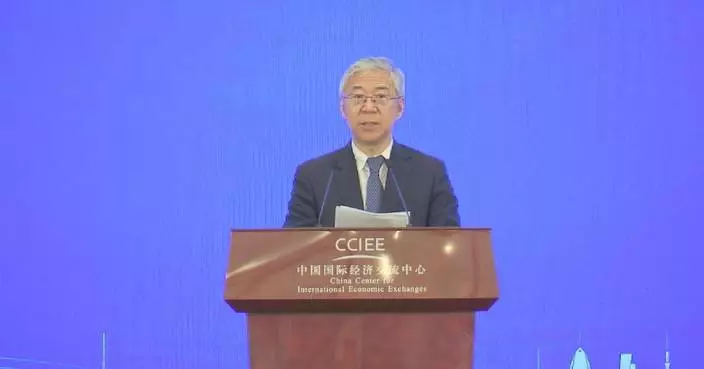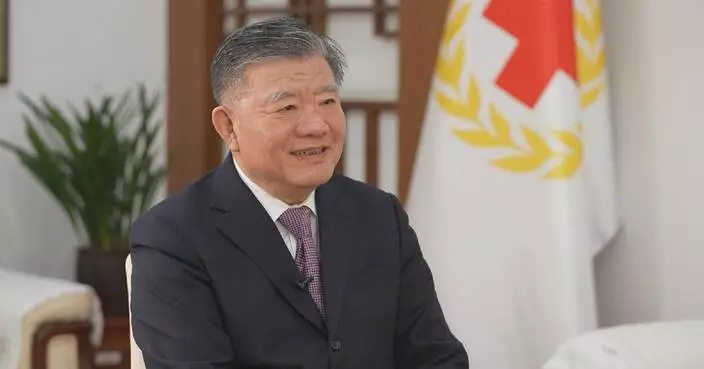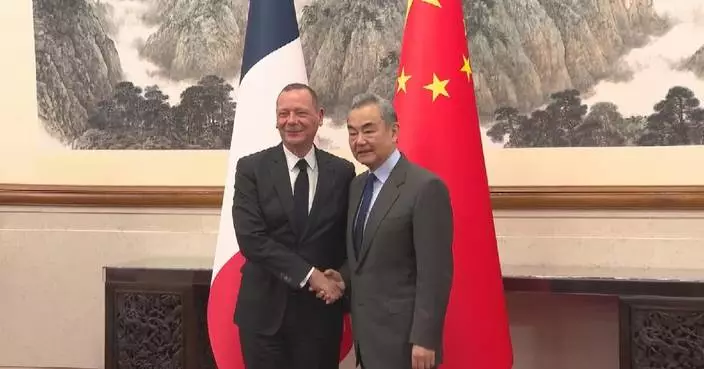China's Macao Special Administrate Region has provided uplifting healthcare service thanks to medical tie-up with the Chinese mainland with gushing injection of advanced medical expertise, exchange of punditry and absorption of cutting-edge facilities and equipment.
Three months since its official launch, the Macao Union Hospital stands as a testament to the deepening collaboration between the Chinese mainland and Macao in elevating healthcare services in the special administrative region.
Spanning 76,000 square meters and housing over 850 beds and 26 operating rooms, the Islands Healthcare Complex - Macao Medical Center of Peking Union Medical College Hospital is the largest in Macao. Since trial operations began in December last year, the facility has quickly expanded access to specialized medical services. With 25 outpatient clinics in operation now, it accommodates over 1,000 patient visits daily.
"I heard the doctors from Beijing are quite experienced, so I came here for a consultation. After the visit, I found them truly attentive. They asked detailed questions during the diagnosis," said Ou Yuai, a respiratory patient, in an interview with CGTN.
The hospital is managed jointly by the Macao Special Administrative Region government and the renowned Peking Union Medical College Hospital. This partnership has brought invaluable expertise to Macao.
"Currently, 54 specialists from Beijing are stationed here, including 33 doctors. We've devoted significant efforts to establish workflows, manage equipment procurement and instillation, and oversee the recruitment and training of medical staff," said Li Li, deputy director of the Macao Union Hospital.
A highlight of this collaboration is training programs for Macao's medical professionals. Gu Shaojun, an obstetrician and gynecologist, came on board in June after completing a year-long training session in Beijing.
"At Peking Union, I encountered diseases that are rarely seen in Macao. The entire diagnostic and treatment process really broadened my horizons," Gu said.
With state-of-the-art equipment, the hospital is designed to enhance Macao's ability to diagnose and treat complex illnesses. A notable example is the hospital's intelligent adaptive radiotherapy system, the first of its kind in Greater Bay Area. Using AI to quickly calculate and adjust treatment plans, it enables greater accuracy and reduces side effect.
"After creating the treatment plan, the doctor will decide whether it is suitable, and then quickly administer the treatment to the patient on the same day," said Shen Jie, an radiation oncologist.
By combining top-tier medical expertise with cutting-edge technology, the Macao Union Hospital is reshaping access to quality medical services for locals. It serves as a pioneering example of how cross-border partnerships can enhance healthcare standards and benefit residents.
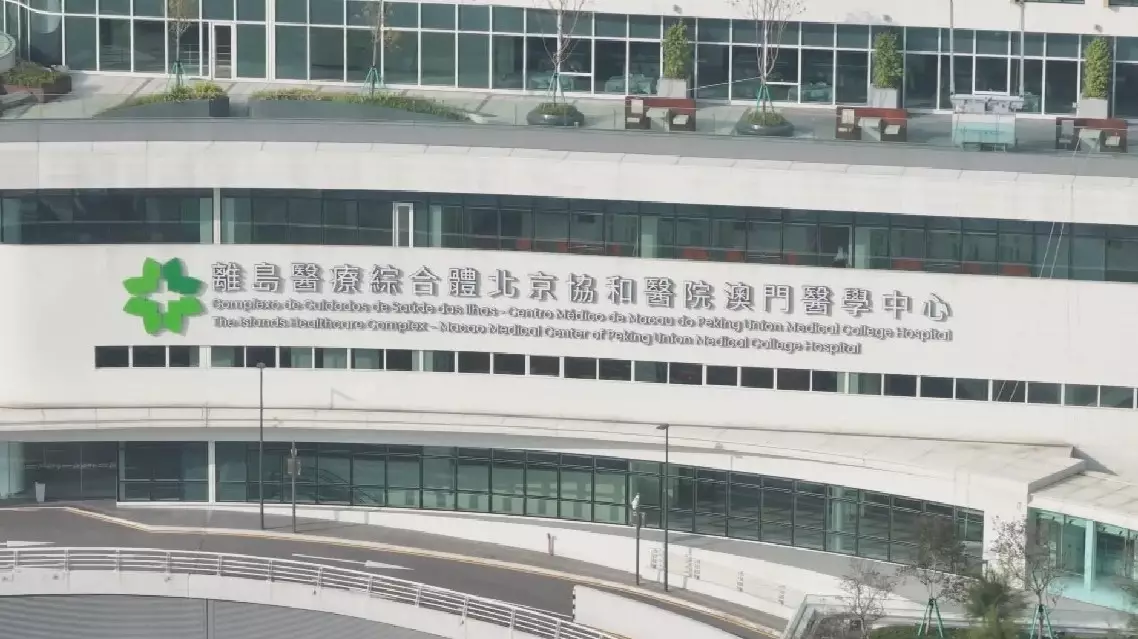
Macao sees uplifting healthcare service thanks to medical tie-up with mainland
China's private pension scheme, which began as a pilot program in 36 cities and regions, has now been expanded to the entire nation, effective from Sunday, marking a significant policy shift that could reshape the way millions of citizens plan for their retirement.
This expansion was announced in a notice released by the Ministry of Human Resources and Social Security, along with four other government departments.
Launched in November 2022, the private pension scheme was initially tested in 36 cities and regions, including Beijing, Shanghai, and Guangzhou.
With the nationwide rollout, all workers covered by either the basic pension insurance for urban employees or the basic pension insurance for urban and rural residents are now eligible to participate.
The private pension scheme is a government-supported, market-driven initiative designed to supplement China's existing social pension systems. It operates on a voluntary basis, allowing individuals to contribute to their own pension accounts and choose from a variety of government-approved financial products to grow their retirement savings.
The system also offers tax incentives to encourage people to save more for the future. Participants are allowed to contribute up to 12,000 yuan (over 1,600 U.S. dollars) annually.
One of the key aspects of this expansion is the broadening of available investment options. In addition to existing financial products such as wealth management products, savings deposits, commercial pension insurance, and publicly offered funds, new investment choices -- including government bonds, specific pension savings programs, and index funds -- have now been included in the scheme.
"The expanded range of investment options for private pension clients provides more diverse choices that can better meet the varied retirement needs of different individuals. This will enhance the long-term appeal of the scheme," said Jin Hua, Deputy General Manager of Personal Finance at the Industrial and Commercial Bank of China.
Moreover, based on the experience learned from the pilot phase, the new notice includes provisions for early withdrawals under certain circumstances. Participants who face serious illness, meet specific unemployment conditions, or are receiving minimum living security benefits can apply to withdraw their pension funds before reaching retirement age.
"During the pilot phase, we received feedback from clients who expressed concerns about accessing their pension savings in the event of unexpected challenges, such as illness or income loss," said Zhang Xiaojing, Senior Manager of Personal Digital Finance at the Bank of China, adding that with these new provisions, participants can have greater peace of mind, knowing they can access their funds when needed.
By the end of November, over 70 million people had opened private pension accounts, indicating strong public interest in the scheme.
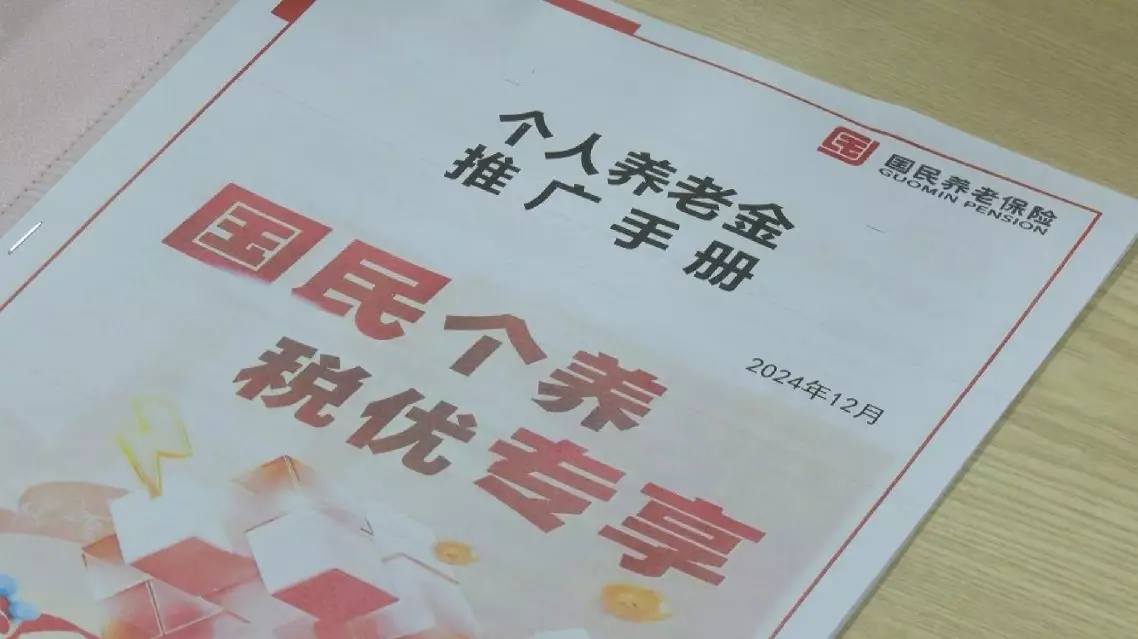
China's private pension scheme expanded to entire nation from Dec 15
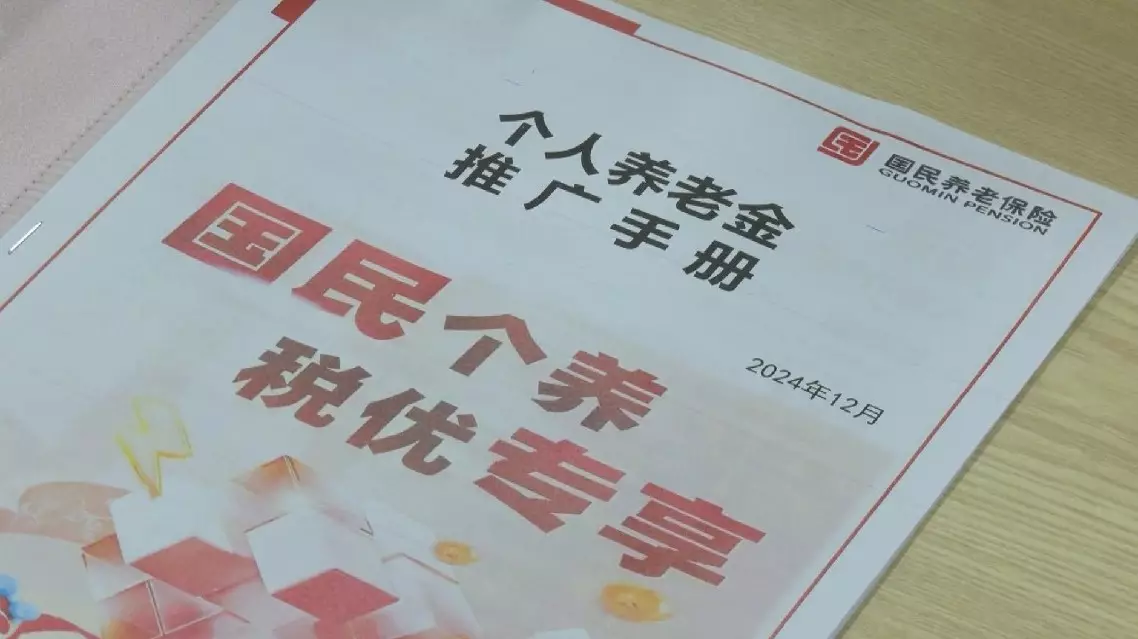
China's private pension scheme expanded to entire nation from Dec 15






